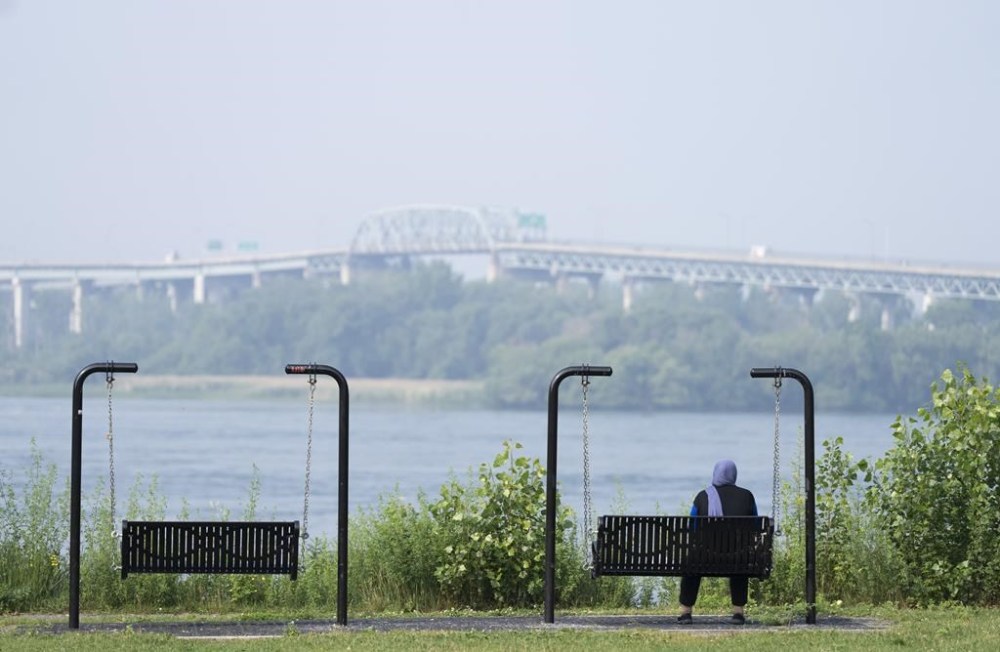Wildfire smoke from N.W.T. and B.C. is affecting air quality in northern Ontario
Advertisement
Read this article for free:
or
Already have an account? Log in here »
To continue reading, please subscribe:
Monthly Digital Subscription
$1 per week for 24 weeks*
- Enjoy unlimited reading on winnipegfreepress.com
- Read the E-Edition, our digital replica newspaper
- Access News Break, our award-winning app
- Play interactive puzzles
*Billed as $4.00 plus GST every four weeks. After 24 weeks, price increases to the regular rate of $19.00 plus GST every four weeks. Offer available to new and qualified returning subscribers only. Cancel any time.
Monthly Digital Subscription
$4.75/week*
- Enjoy unlimited reading on winnipegfreepress.com
- Read the E-Edition, our digital replica newspaper
- Access News Break, our award-winning app
- Play interactive puzzles
*Billed as $19 plus GST every four weeks. Cancel any time.
To continue reading, please subscribe:
Add Free Press access to your Brandon Sun subscription for only an additional
$1 for the first 4 weeks*
*Your next subscription payment will increase by $1.00 and you will be charged $16.99 plus GST for four weeks. After four weeks, your payment will increase to $23.99 plus GST every four weeks.
Read unlimited articles for free today:
or
Already have an account? Log in here »
Hey there, time traveller!
This article was published 18/08/2023 (790 days ago), so information in it may no longer be current.
Environment Canada says wildfire smoke drifting from western and northern parts of the country has created hazardous air quality in parts of northern Ontario that could get worse next week.
Warning preparedness meteorologist Steven Flisfeder says the areas of Pickle Lake, Summer Beaver Lake, Big Trout Lake and Sachigo Lake in Ontario have been under special air quality advisories for the past three days due to wildfires in Northwest Territories and British Columbia.
Flisfeder says wildfire smoke in those areas could cause eye and throat irritation and other symptoms, but it is not yet as severe as it was during Quebec wildfires in June.

He says people with respiratory conditions should stay indoors, and he urges everyone to pay close attention to changing air quality forecasts across the province.
Flisfeder says the smoke covering northern Ontario could make its way to southern parts of the province and Quebec, but not yet in concentrations that could pose a risk to the general population.
He says the air quality could worsen as of Sunday and into next week, after improving on Friday and Saturday.
The area east of James Bay in Quebec remains under a special air quality statement due to wildfires that have burned in the province since June.
This report by The Canadian Press was first published Aug. 18, 2023.


